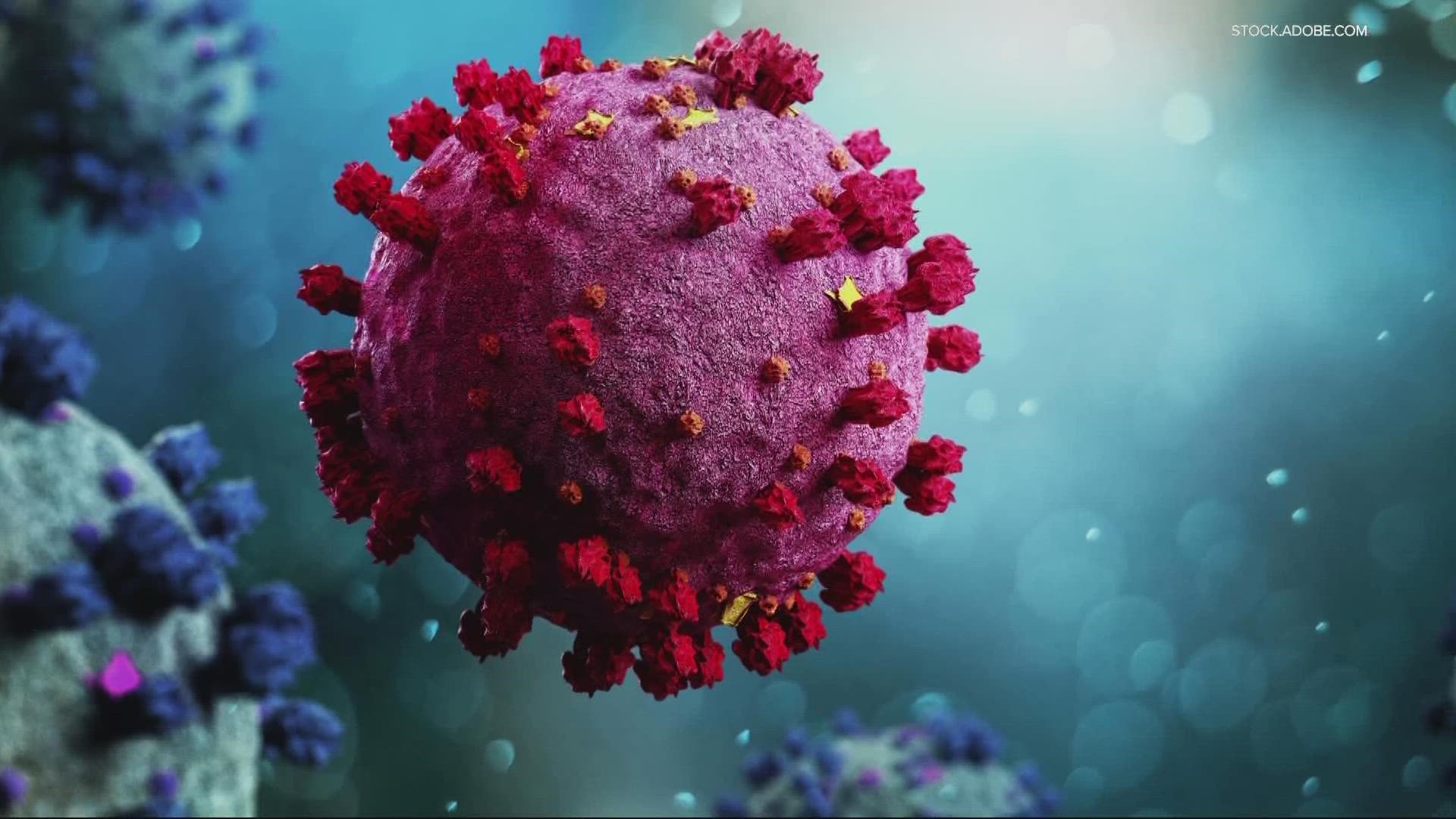PORTLAND, Ore. — Building on years of research prior to the pandemic, medicine and technology advanced under the pressures of COVID-19. Now, new research from Oregon State University (OSU) could be a "universal" means of treating the virus — while also aiding in the fight against other illnesses.
"This is a transformative time," said Gaurav Sahay, an associate professor in the Department of Pharmaceutical Sciences at OSU. "As much as COVID has been a terrible time, what it has led to are these new technologies."
According to OSU, Sahay and collaborators at OSU and the Texas Biomedical Research Institute demonstrated in a mouse model that it’s possible to prompt the production of a protein that can block multiple variants of the SARS-CoV-2 virus from entering cells and causing respiratory disease.
His team's work is twofold.
First, they've found a way to block multiple COVID variants. It works by introducing so-called "decoy" enzymes to the body which bind to the coronavirus spike proteins and prevent the virus from latching onto healthy cells in the lungs.
Second, they've transformed the way they're delivering this nanotechnology.
"The way to deliver this mRNA technology is to encapsulate them in a packaging carrier called a lipid nanoparticle," Sahay said. "Usually they are given intramuscularly ... but these can be aerosolized so you can take them through nasal administration or nebulization."
The findings were published in Advanced Science. Sahay said we could be a ways away from the treatment being available to human patients, although the results from animal models are promising.
"Based on the animal models, we have seen that this protein starts to form after an injection in about two hours. It's pretty rapid," Sahay said.

